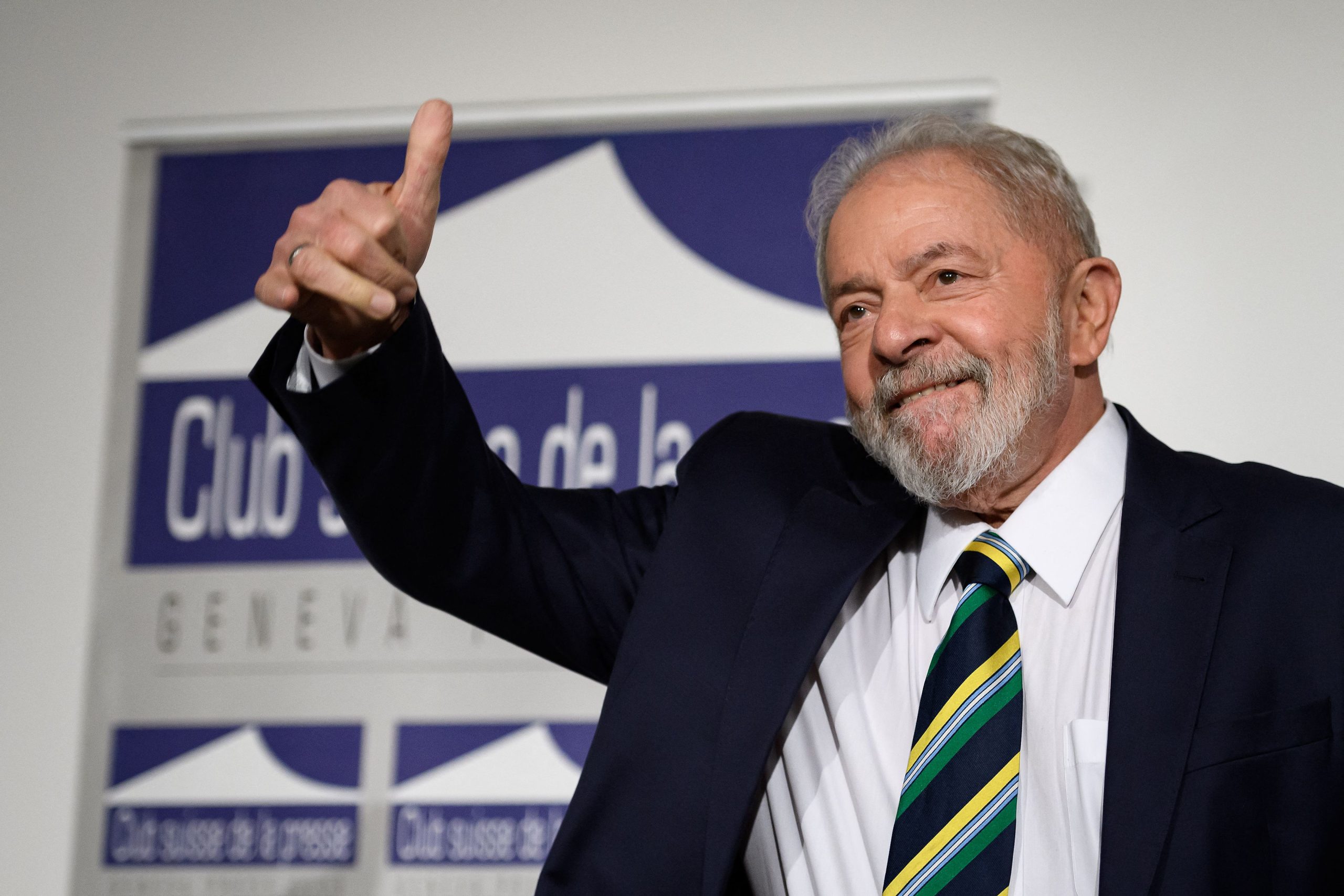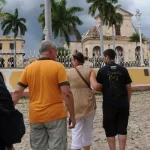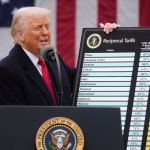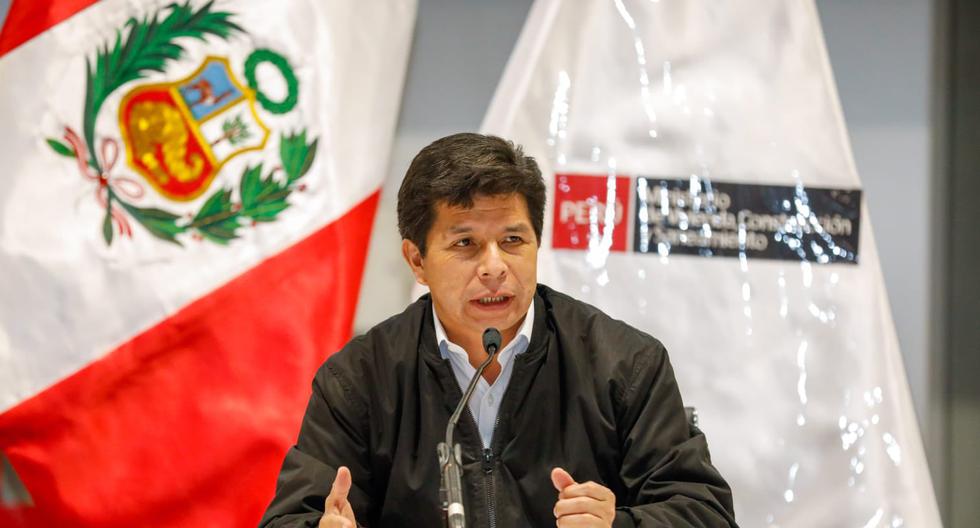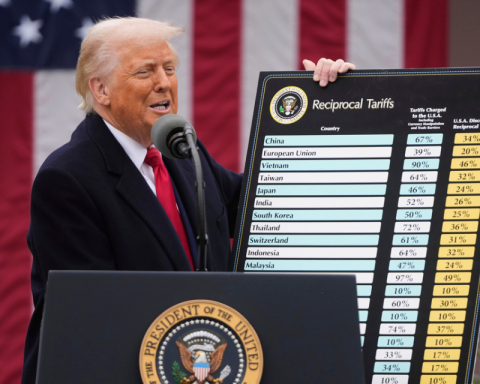“I’m 76 years old, but with the energy of 30 and the libido of 20.” This is how ex-president Luiz Inácio Lula da Silva defines himself, who this Saturday presented his candidacy for the Presidency of Brazil, after five years in the firing squad for suspicions of corruption today filed.
The popular progressive leader, favorite for the elections on October 2, said that he wants to return to the Planalto Palace, seat of government, to “reconquer democracy and recover sovereignty”, “attacked” and “threatened” by the Government of Jair Bolsonaro.
“We are the government of hope,” said the former president at an event in the city of Sao Paulo, where he also presented the “Let’s Go Together for Brazil” coalition, to which practically all the political parties of the left spectrum have joined. .
Lula, provided with a pragmatic character and a jovial style, will dispute his sixth presidential elections hand in hand with the Workers’ Party (PT), which he himself founded in 1980 and has continued to direct since then without anyone overshadowing him.
He has between eyebrows and eyebrows to defeat the extreme right embodied by Bolsonaro, his greatest political adversary, and “rebuild” the country by placing the “poor in the budgets” of the State.
To achieve this, he intends to awaken in the electorate the memory of his two terms in office, in which he boosted the economy with extraordinary growth and lifted 30 million Brazilians out of poverty. When he handed over the Presidency, his popularity was 87%.
UNEXPECTED TURNS
However, a few years ago it was difficult to imagine the return to the political arena of the former mechanical turner, who has gone from the greatest political ostracism, which includes 580 days in prison between April 2018 and November 2019, to being the electoral hope against the far right.
Suspicion against him has multiplied since the now-defunct Lava Jato operation appeared on the scene, which, starting in 2014, uncovered a vast network of corruption in the oil company Petrobras, the crown jewel among the country’s state-owned companies.
From there, the prosecutors put him in their sights, with the opening of a string of court cases that ended up in the hands of then-magistrate Sergio Moro, who convicted him and ordered his entry into prison.
During his imprisonment, in the southern Curitiba, he saw how the electoral authorities vetoed his presidential candidacy for the 2018 elections, which Bolsonaro won; he received a second conviction for corruption and lost a 7-year-old grandson to meningitis.
Lula always denied the accusations and claimed to be the victim of “judicial persecution.”
On March 8, 2021, his luck would change. That day a Supreme Court judge annulled the two prison sentences against the former head of state, which allowed him to recover his political rights and opened the doors to his presidential career in 2022.
From then on, the courts began to rule in his favor, shelving the investigations with the same speed with which they were opened.
THE ORIGIN OF THE WORKERS’ PRESIDENT
Born on October 27, 1945, in the arid town of Caetés, Pernambuco state, in northeastern Brazil, he lived in poverty during the first years of his life.
The seventh son of Aristides Inácio da Silva and Eurídice Ferreira de Melo, Lula was born in a house without electricity or sewage.
He grew up with his mother but only met his father until he was 7 years old, an illiterate and alcoholic peasant who emigrated to the state of Sao Paulo weeks before he was born.
His precarious situation did not prevent him from becoming the first in the family with a professional training title, that of a mechanical turner.
Over time, he plunged into the union world in the metropolitan region of São Paulo, from where he led a combative labor movement that organized historic demonstrations in the midst of the military dictatorship (1964-1985).
Then he would make the leap to politics. He was a federal deputy and a presidential candidate in 1989, 1994, 1998, 2002 and 2006. He only won the last two. In October he will try again.
SOURCE: EFE
